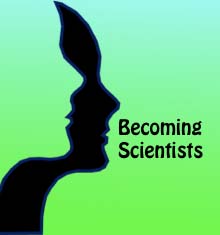Urban Environmental Consciousness
The Understandings of the Material World – Environment began with a series of Vygotskian Theoretical Learning Approach (VTLA) workshops for the Young Science Explorers in an after-school club for 4th and 5th grade students. They were designed for future teachers (e.g., new teachers or teacher candidates) to practice teaching and learning science with elementary school students. Displayed here are three living documents, which change every semester they are taught. There is space in each of them for new teachers (and experienced teachers) to draft aspects of instruction.
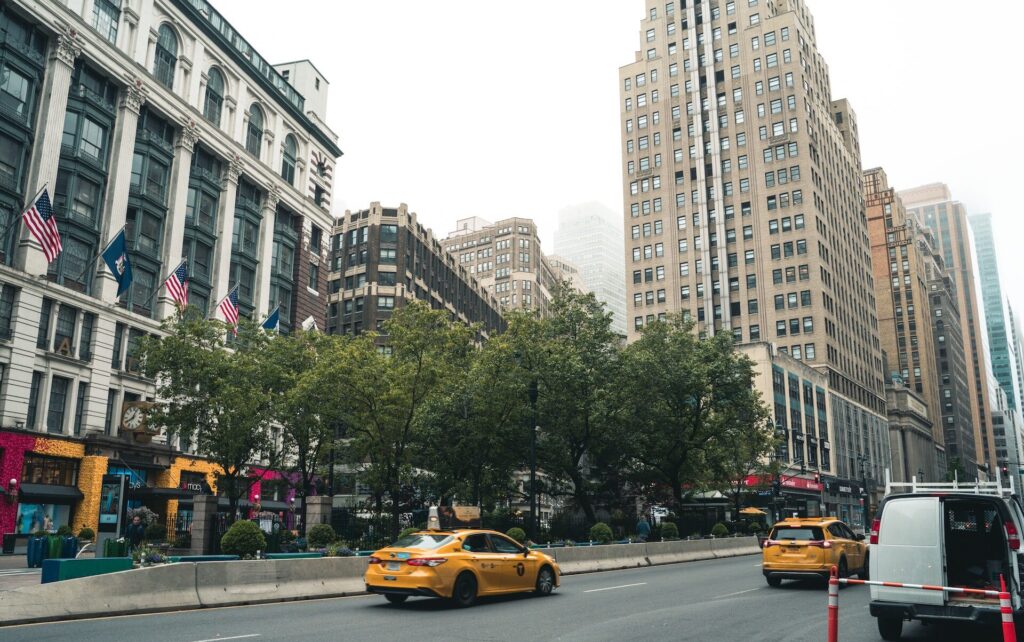
The Plant Experience
The Plant Experience, introduces the phenomenon of sensation and how plants might be experiencing a metropolitan area like New York City. There are many reasons to care about experience of plants, but the two introduced in this set of workshops are appreciating other species beyond humans and understanding how we change the world around us for other living things. For example, plants help reduce the urban heat island efect through a process called transpiration, which saves lives. In the three expandable workshops outlined in The Plant Experience, teachers develop sessions that ought to help students (1) explore sensory perception from the perspective of a plant senses, (2) develop fair tests and conduct investigations designed to learn more about plant senses, and (3) learn about how plants move water for life and how to detect this movement (e.g., evaporative cooling).
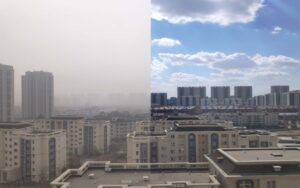
Problems of Heat and Pollution
The first two lessons of this unit introduce the phenomenon of the Urban Heat Island Effect, which affects cities all over the world including the Greater New York City Metropolitan area. There are many reasons to care about the UHI effect, but two key reasons are (1) health effects, including death from UHIs and (2) UHI contribution to global climate change. Questions raised during this unit include by are not limited to: Why else should we care about the UHI effect? What are the main factors in the formation of an UHI? Can we stop UHIs from forming and how? In the first two sessions of Air – Problems of Urban Heat and Pollution students who attend the workshops will learn about UHI, what contributes to heating the air and how, how to change our urban environments to “cool down”. In the third workshop students explore what is air pollution and whether our air in NYC is polluted, by what, and how much. These workshops lead to new questions to investigate, such as, how are problems of heat and pollution connected?
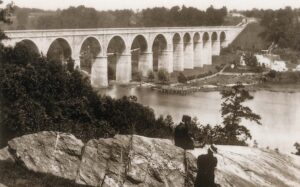
Clean Water Delivery
How does the water get to my shower and how does it get so clean that I can drink it? Clean Water Delivery introduces the phenomenon of the delivery of clean water to New York City – a city of approximately 8.6 million people (according to the U.S. Census Bureau in 2017). There are many reasons to care about the clean water delivery, but the big two are health effects and threats to access. Can you think of other reasons why we should we care about clean water delivery? In these three workshops, our goals are to help students learn about clean water delivery, what contributes to water pollution or stress on the water infrastructure, how to prevent water pollution, and the limited ways we can clean up polluted water.
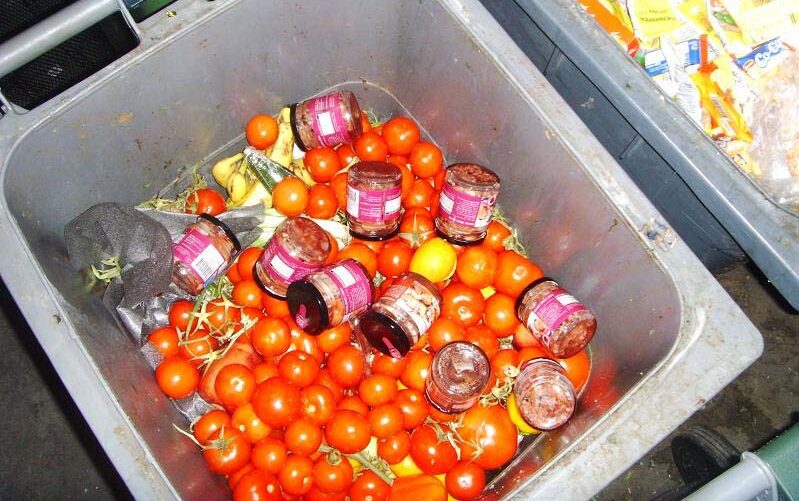
Preventing Food Waste
Forty percent of the food in the US is never eaten. Food is lost at every stage in the process: production, processing, distribution, grocery retail, food service, and home. At the same time one in eight Americans struggles to put enough food on the table. How do we reduce food waste and ensure that all Americans have food? In these three workshops our goals are to help students learn about food waste, how food spoils, and how we can prevent food from spoiling so that we reduce the amount of food lost in our homes.
VTLA Food Coming Soon!
